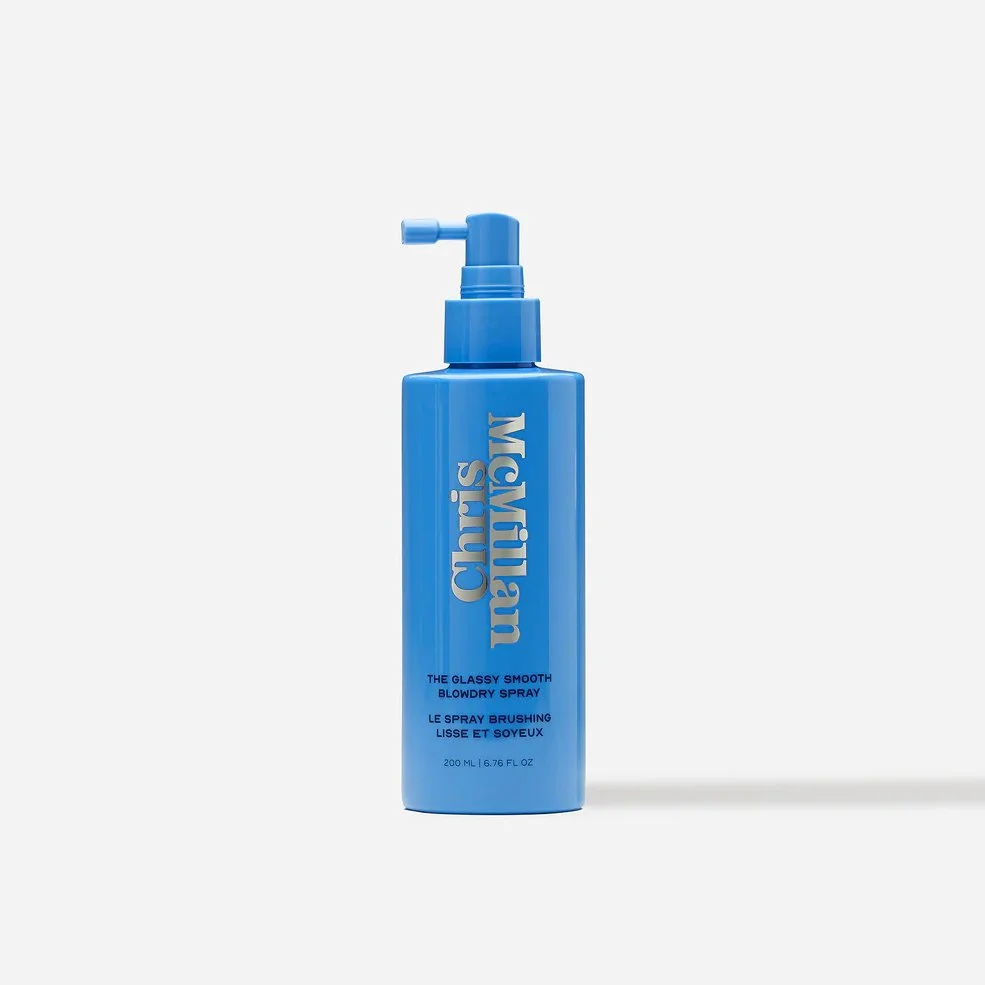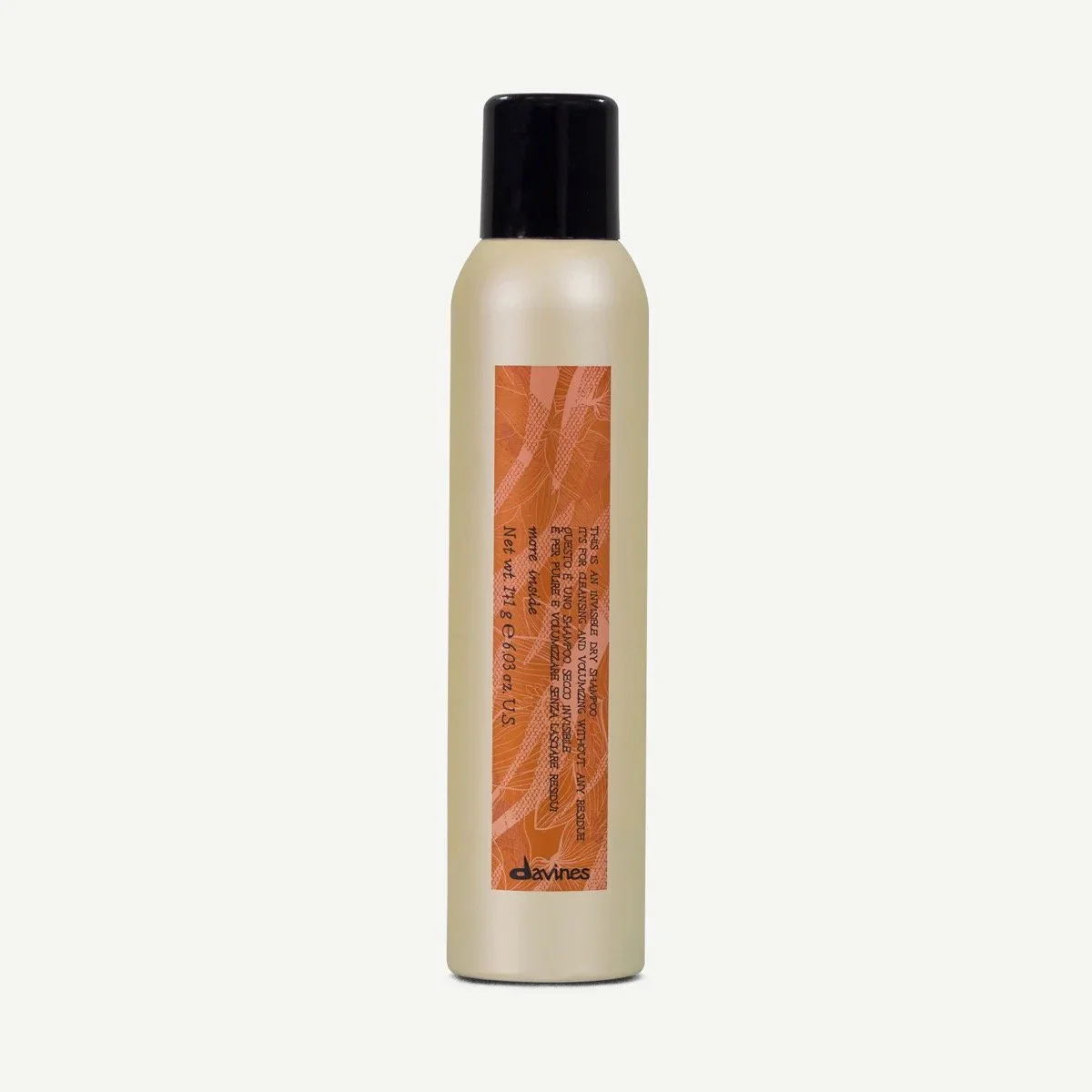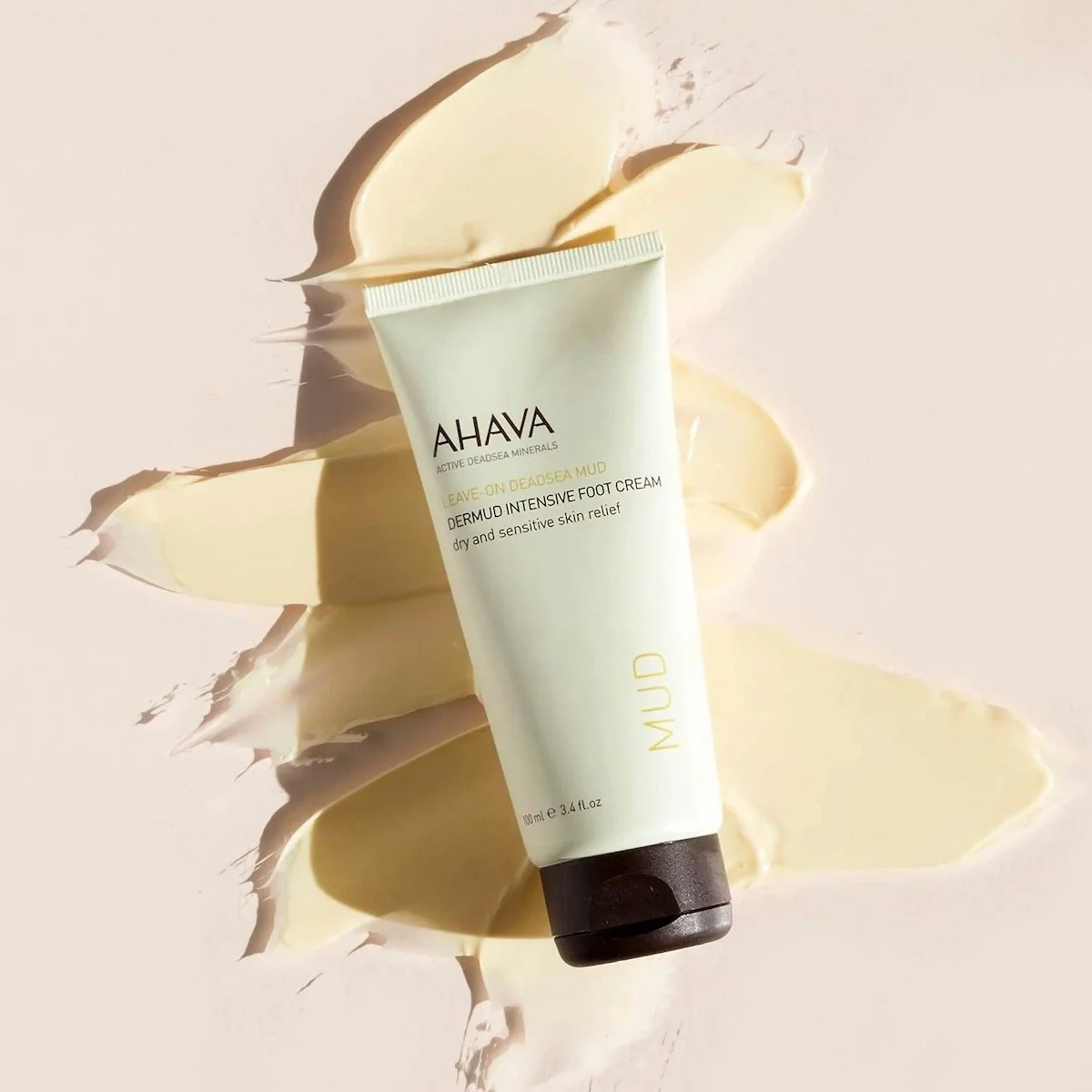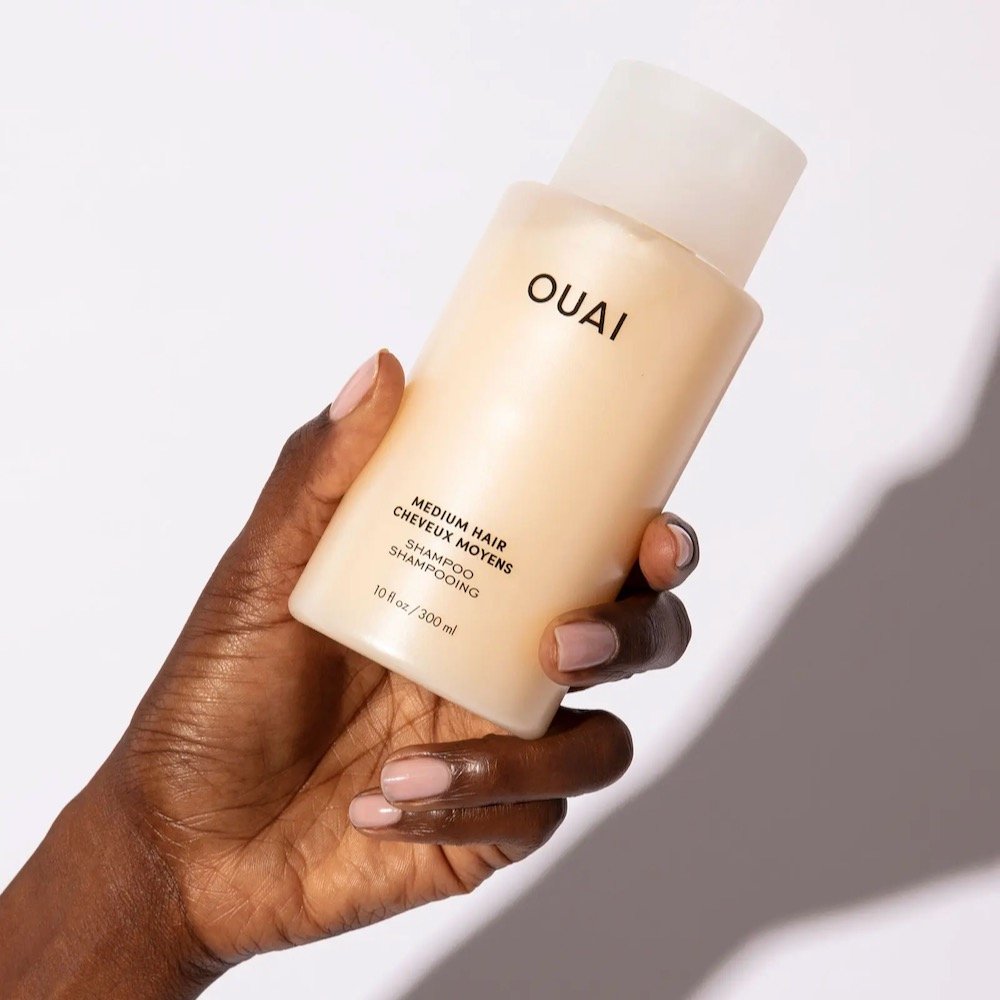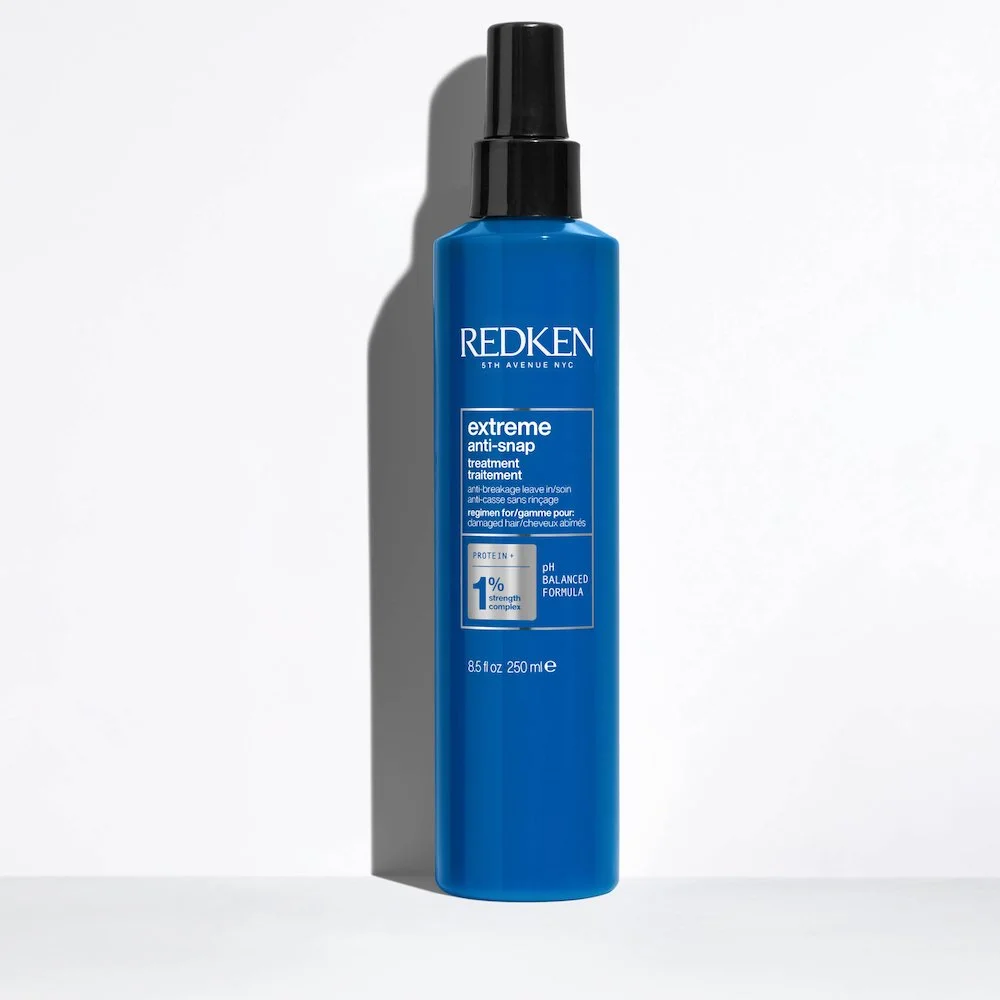Non-Scale Victories: Health Metrics To Focus On OTHER Than Weight
by Rebecca Regnier
The scale sucks. It’s triggering. It’s uncooperative. No matter how much I eat right and exercise the scale stares back at me with the same shitty number. I do everything I’m supposed to be doing. I eat zoodles for god’s sake. But the ultimate judge-y metric - the bathroom scale - continues to represent my failure.
The ultimate goal is not to imbue the scale with any special powers. I’m not there yet. The scale still messes with my head and can prompt me into unhealthy behaviors out of spite.
I realized I needed a break from the scale when all we did was fight. I needed a few health wins that didn’t depend on weight. So, I went to my doctor, Dr. Kristen Bodine-Zeller, for advice. I point blank asked her, what numbers I could focus on instead?
She gave me a boatload. Here are a few non-scale numbers and metrics for health that don’t require a weigh-in. Sure, some of these metrics improve if you lose weight, but like I said, the scale and I are on a break.
1. Blood Pressure
Dr. Bodine-Zeller says blood pressure is number one because if it’s high, you can be in serious trouble. It’s scary because you can feel okay with high blood pressure, but your heart muscle is getting thicker and less efficient. This puts you at risk for heart attack or stroke. Blood pressure is a number to know and to take seriously. My blood pressure, while low my entire life, moved into the high range in my late forties. This number shifted my “why.” I used to diet so I’d fit into a bikini now I’m eating right so I don’t die. The good news about blood pressure is lower sodium, stress management, and less wine took mine from the hypertension range to a more reasonable124/80. You need to check with your doctor to find out what level is right for you because the recommendations have gotten lower. A blood pressure reading of 130/80 is where you need to be according to some experts. If your blood pressure is good, you have reason to be happy. I didn’t lose a pound but got my BP to a healthy range. That was a win! I’m all yeah, that’s right, I have the same blood pressure as Kelly Ripa.
2. Blood Sugar
This is another big one to monitor. High blood sugar can also mean heart issues, stroke, and all that diabetes has to offer. According to Bodine-Zeller for a fasted blood sugar test the reading should be LESS THAN 100 mg/dL. With a random glucose tolerance test, my doctor wants my number UNDER 140 mg/dL. Here I found another win. All my attention to watching carbs and sugar means my blood sugar is A-OK! Low carb isn’t working for me for weight loss like it did in the 1990s, but the trade-off is no diabetes. Win. One important factor to remember here is that there is a range for healthy blood sugar and you need to work with your doctor to be sure you're in a healthy zone for you.
3. Cholesterol
Cholesterol is a confusing and multi-faceted health marker. It’s annoying to remember what number is supposed to be high or low, much like the current state of jeans. Is high-waisted good or bad? Doctors say your total cholesterol needs to be under 200 mg/dL. But you want your HDL higher than 40 mg/dL. That ‘H” is a good pneumonic device from Dr. Bodine-Zeller. HDL, you want high. LDL, you want low. LDL’s lousy, so you want it low! I love pneumonic devices. A reading of under 130 mg/dL is a good target. And doctors really look at your cholesterol ratio, that’s your total cholesterol divided by your HDL. You want the ratio at five or under. For me, the ratio is 6.5. Bad! That was a wake-up call.
4. General Fitness
Despite all the numbers, high or low, I feel strong. It turns out that regular exercise is key to this next non-scale victory. My doctor wants to know, can I walk a decent distance without being out of breath? Hell yes! I can go from Costco to the far reaches of the parking lot and easily carry on a conversation while pushing a flatbed truck’s worth of groceries. Don’t downplay functional fitness.
5. BMI
My BMI is a shit show, but that may not be all bad. A new study shows that belly fat, not BMI, is what we might want to focus on. Researchers call it central fat. My belly fat and I have a tortured relationship, I gained good insight into why after reading this great piece by Caitlin White. As the debate rages on about what fat is socially acceptable, what I can’t deny is my weight is in my middle. That combined with my high cholesterol are two risk factors for heart disease. But I don’t need to have washboard abs. According to my doctor if you’re not out of breath when you bend over and tie your shoes, that’s a win. Pat yourself on the back. (After you stand up again.) While there may debate on which fat is “bad” there’s no debate about the fact that I can take some of the focus off that impossible BMI chart.
6. Steps
Some days, no matter how busy I am, I only get six thousand measly steps in. Okay FINE, three thousand. It feels like failure. If I believe the dire headlines about the dangers of sitting, I’m basically smoking two packs of Marlboro Reds every day. But wait! A study from Brigham and Woman’s Hospital found that older women, taking as few as 4,400 steps per day had a lower risk of death compared to those taking 2,700 steps per day, and benefits went up with the amount of steps they took. Get this though, researchers found that benefits leveled off at around 7,500 steps per day. What? Most fitness trackers default at 10,000 steps minimum. It turns out we can consider 4,400 a decent day. If fireworks aren’t exploding on your FitBit every night don’t freak out. My doctor says focusing on getting thirty to sixty minutes of exercise four days a week should be the goal to achieve good health. This has turned a negative - my sedentary job - into a positive. I easily get four days a week of exercise even if I am hunched over the keyboard for the rest of the day. YAY!
So, while my scale and I are on this break, I’ve been stepping out. I’m exploring a whole world of new ways to see progress. Somehow my high cholesterol doesn’t feel judge-y. It feels like a chemical that isn’t in balance that I can work on fixing or get medication if needs be. I don’t have a history of disappointment and or negative self-talk when it comes to my LDL. It’s just a number.
Stepping away from the scale and recognizing my wins was essential in putting my weight into perspective. Also, it’s getting me closer to treating the number on the scale as data, not a disaster.
Rebecca Regnier is an author, newspaper columnist, podcaster, and former television journalist. She lives in Michigan. She’s obsessed with Outlander, Letterkenny, and understanding her curl type. She can be found here.


